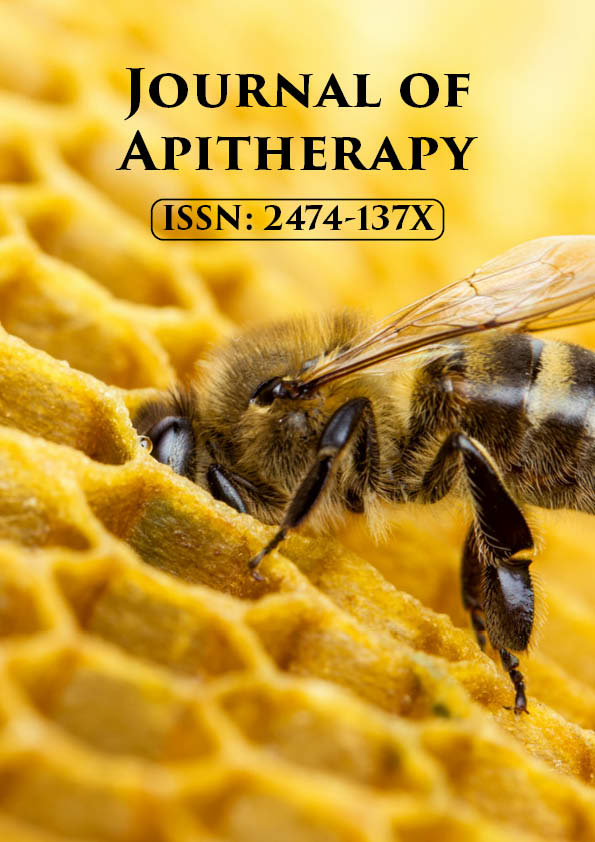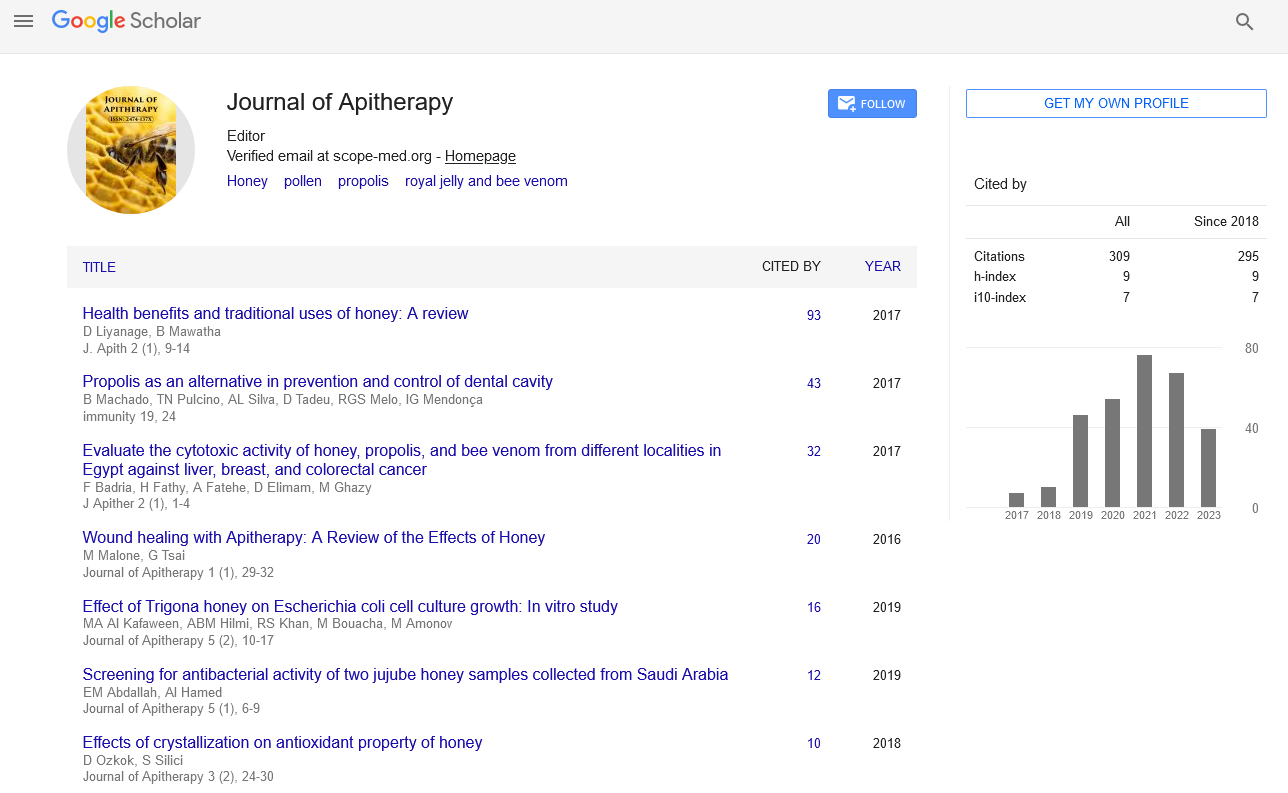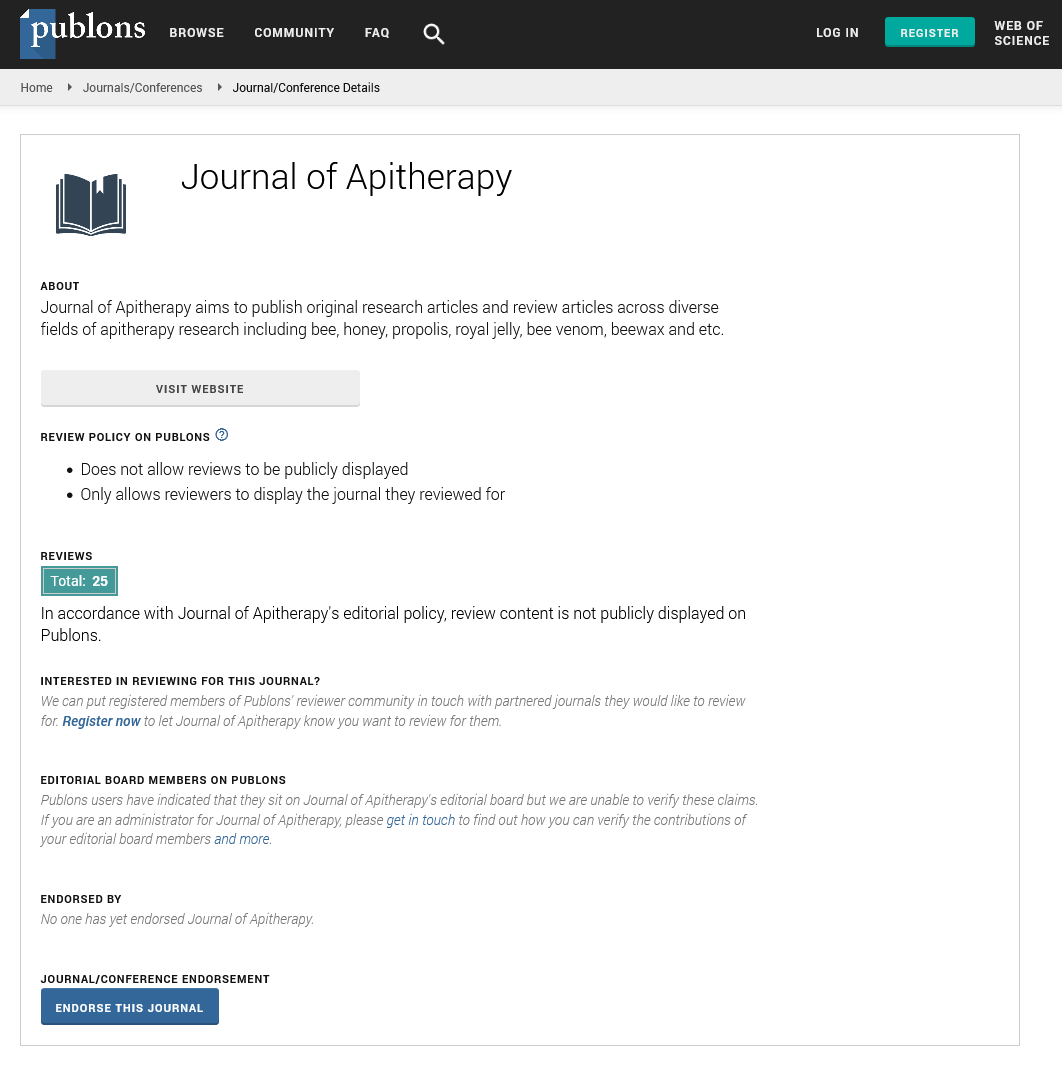Wild honey facilitates antibacterial efficacy of penicillin and amoxicillin - clavulanic acid
Abstract
Mahi Khan, Zahirul Islam, Ayreen S. Chowdhury, Syed A. Yousuf, Md. R. Amin, Md. A. Rayhan
Background: Antibacterial efficacy of honey has been well acknowledged from ancient to modern society. Utilizing a wild honey, the present strategy of the study was chosen to address an unfilled demand for finding a complement of penicillin analogs which have already been reported ineffective in many cases.Methods: In this study, penicillin and amoxiclav were trialed against four clinically resistant bacteria – two Gram positives (Staphylococcus aureus and Streptococcus pyo-genes) and two Gram negatives (Klebsiella pneumoniae and Acinetobacter baumannii). Afterward, these bacteria were exposed to different concentrations of a natural wild honey. Finally, the honey was used in conjugation with penicillin and amoxiclav individ-ually. The zone of inhibition, minimum inhibitory, and bactericidal concentrations were observed in this regard.Results: The wild honey showed a great potential to inhibit the bacterial growth at its lowest dose given (6.25%) both against Staphylococcus (48%) and Streptococcus species (45%) but could not exhibit any bactericidal effect alone. However, it greatly influenced both penicillin (100%) against Acinetobacter and amoxiclav (93%) against Klebsiella spe-cies, whereas these two antibiotics could not demonstrate a good antibacterial effect when applied individually against these bacteria.Conclusion: All findings suggested that wild honey not only possesses an inhibitory effect but also facilitates the action of other agents, thereby generating a scope for research for identifying new potential antibacterial agents.
PDF






